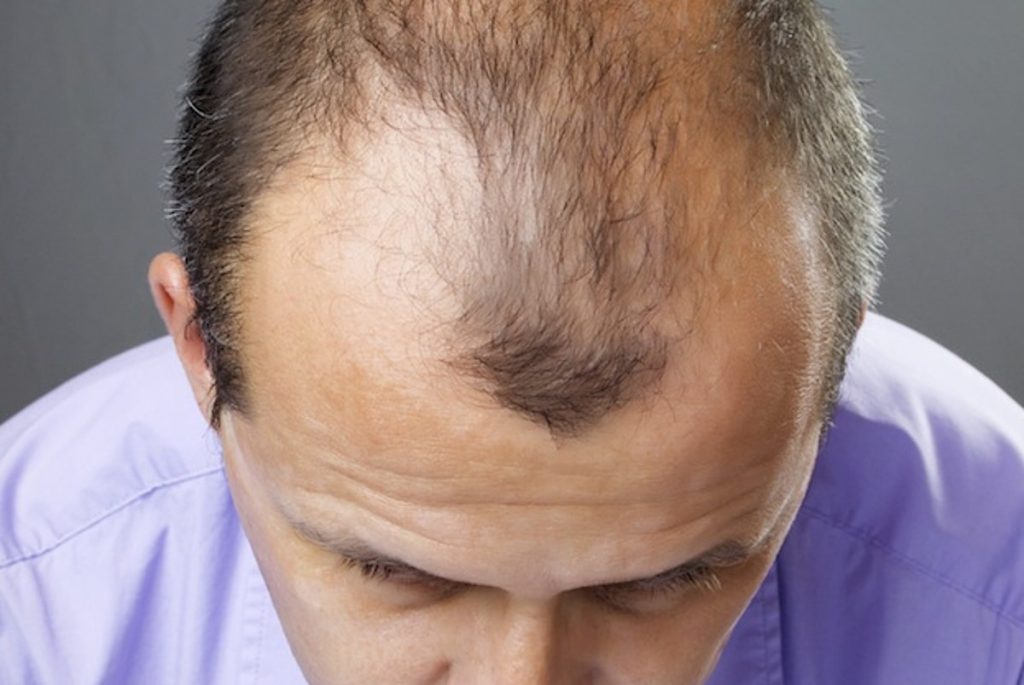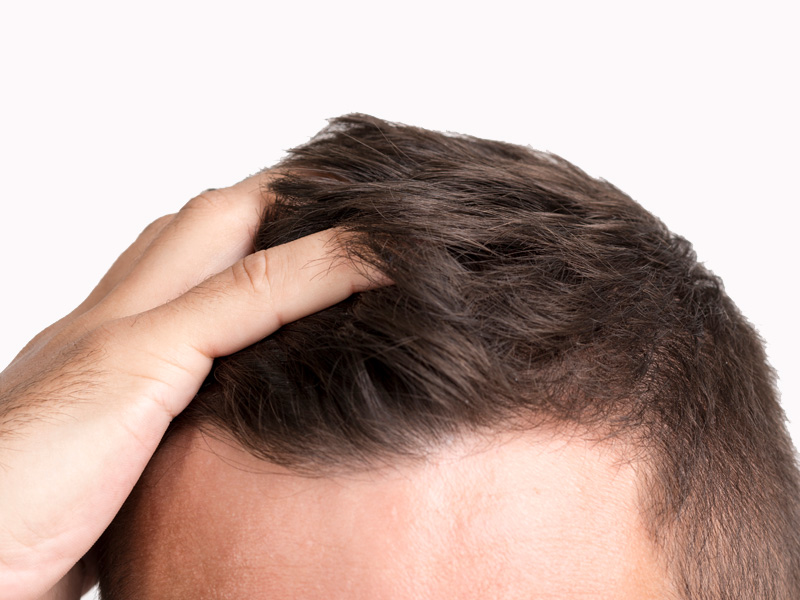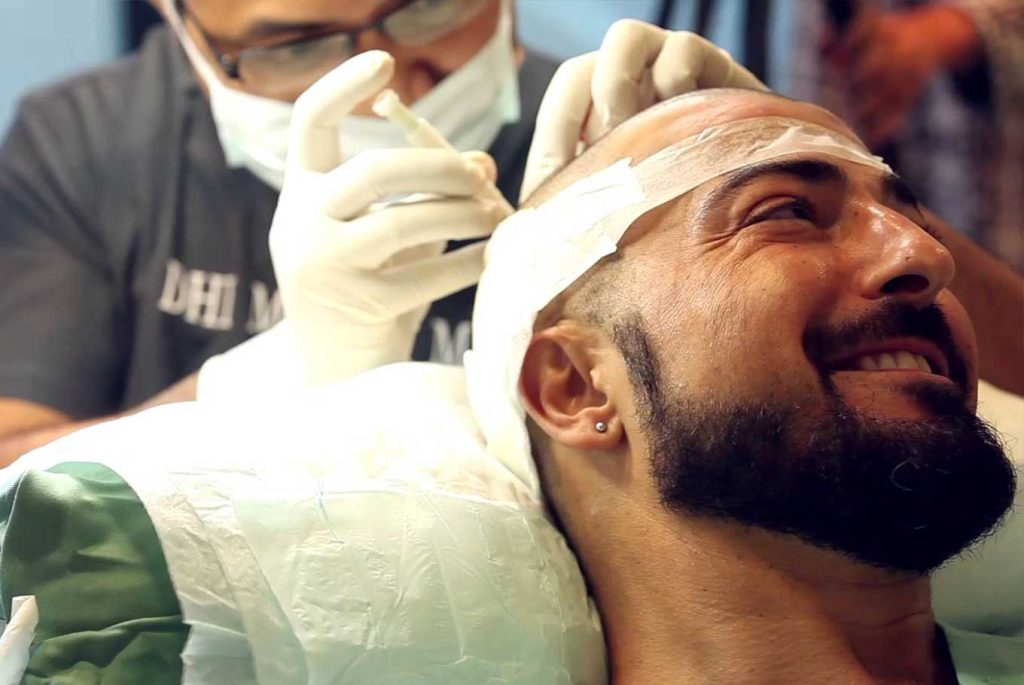When considering a hair transplant time, it’s important to think about the best time of year to undergo the procedure. The best time for hair transplant can depend on a variety of factors, including the weather, recovery time, and personal schedule. Hair transplant timing is a crucial consideration for anyone thinking about undergoing the procedure, so it’s important to carefully scheduling when to have it done. There is an optimal time for hair transplant that may vary from person to person, but choosing the ideal time for hair transplant can help ensure the best possible results.
Main Points
- Consider the weather and its impact on recovery
- Personal schedule and availability
- Consult with a professional to determine the optimal time
- Best practices for timing the hair transplant procedure
Should I Have a Hair Transplant in Summer?

Considering a hair transplant? You might be wondering whether summer is the best time for it. The decision to have a hair transplant is a personal one and depends on various factors. However, there are some important considerations when it comes to the timing of your hair transplant. Here are some key points to keep in mind:
The best time for a hair transplant
- Hair transplant time: Summer can be a good time for a hair transplant, as you may have more time off work or school for recovery.
- Weather: Consider the weather and how it may affect your recovery process. Extreme heat and sun exposure can impact the healing of the transplanted hair follicles.
- Personal commitments: Evaluate your personal schedule and commitments to ensure that you can take the necessary time off for recovery.
- Hair growth cycle: Keep in mind that it takes time for the transplanted hair to grow, so planning ahead for the summer season may be beneficial.
Ultimately, the decision of when to have a hair transplant should be based on your individual circumstances and consultation with a qualified hair transplant specialist.
What Should I Avoid During the Summer After a Hair Transplant?

After undergoing a hair transplant, it is crucial to take proper care of your scalp, especially during the summer months. The optimal time for hair transplant is important in order to minimize potential risks and ensure successful results. It is advisable to follow a strict hair transplant scheduling and avoid excessive sun exposure, swimming in chlorinated pools, and heavy sweating. The ideal time for hair transplant is in the off-season when outdoor activities are limited, allowing for better healing and recovery.
Things to Avoid During the Summer After a Hair Transplant:
| Avoid | Why? |
|---|---|
| Sun Exposure | Can cause sunburn and damage newly transplanted hair follicles |
| Swimming in Chlorinated Pools | Harsh chemicals can irritate the scalp and affect hair growth |
| Heavy Sweating | Can lead to infection and compromise the healing process |
It is essential to avoid these activities in order to protect the newly transplanted hair follicles and promote proper healing. Following these guidelines will ultimately contribute to the success of your hair transplant procedure.
Is Hair Transplant Affected by Fall and Winter Hair Loss?
Many people wonder whether fall and winter hair loss will affect their hair transplant procedure. It is important to understand that the timing of a hair transplant can play a significant role in the success of the procedure. Hair transplant procedure timing is crucial for ensuring the best results.
During the fall and winter months, it is common for individuals to experience increased hair shedding. This seasonal shedding is a natural process and should not have a major impact on the outcome of a hair transplant. However, it is important to discuss any concerns about seasonal hair loss with your hair transplant surgeon.
Key Points to Consider
It is important to remember that hair transplant procedures are not affected by seasonal hair loss. The success of the procedure is more dependent on the individual’s unique hair growth patterns and the expertise of the surgeon. While fall and winter hair loss may be a concern for some, it should not deter individuals from pursuing a hair transplant if they are otherwise suitable candidates.
Rain Following a Hair Transplant
Many people wonder whether it is safe to expose their newly transplanted hair to rain. The good news is that rain should not have any negative impact on your hair transplant results. The hair grafts are securely in place after a few days, and rainwater will not dislodge them. However, it is advisable to protect your scalp from heavy downpours in the first few days following the procedure to prevent any potential infection.
Precautions to Take
While it is generally safe for your hair to come into contact with rain, taking some precautions can further ensure the success of your hair transplant. Here are some tips to keep in mind:
- Use an umbrella or wear a hood to protect your hair from heavy rain in the first week post-transplant.
- Avoid direct exposure to rain for prolonged periods, especially in the initial phase of recovery.
- Gently pat your scalp dry if it gets wet, and avoid rubbing or drying vigorously.
By following these simple precautions, you can continue to enjoy the rain while ensuring the success of your hair transplant.
Does Spring Have an Impact on Hair Transplant?

Many people wonder if the change in seasons, specifically the arrival of spring, can have an impact on the success of a hair transplant. While there is no scientific evidence to suggest that the season itself directly impacts the outcome of a hair transplant, it is important to note that post-operative care and healing process are crucial for the success of the procedure.
During spring, the increase in outdoor activities and exposure to sunlight may require extra caution to protect the newly transplanted hair follicles from any potential damage. Additionally, seasonal allergies and changes in humidity levels can affect the scalp, so it is essential to follow the post-operative care guidelines provided by the surgeon.
Conclusion
In conclusion, while spring itself may not have a direct impact on the hair transplant procedure, it is important to be mindful of the environmental factors and take necessary precautions to ensure the best possible outcome.
Is it Better to Get Hair Transplants in the Winter or in the Summer?
Many people wonder whether it is more advantageous to get hair transplants in the winter or in the summer. While both seasons have their pros and cons, the decision ultimately depends on individual circumstances and preferences.
Advantages of Getting Hair Transplants in the Winter:
In the colder months, people tend to spend more time indoors, which can be conducive to the recovery process. Additionally, wearing hats and covering the head is more socially acceptable during winter, aiding in concealing the transplant. And if you want check out : What are the Advantages of Hair Transplantation?
Advantages of Getting Hair Transplants in the Summer:
On the other hand, the summer months offer more opportunity for leisure time and relaxation, which can be beneficial for recovery. Moreover, the natural sunlight and vitamin D exposure can promote healing and overall well-being.
Ultimately, the best time for a hair transplant is when it is most convenient for the individual and when they can dedicate ample time to the recovery process. Consulting with a professional hair transplant specialist is crucial to determine the most suitable timing based on specific needs and lifestyle.
“The decision of when to get a hair transplant should be based on individual lifestyle factors and the advice of a qualified specialist.”
The Best Month for a Hair Transplant
Choosing the right time for a hair transplant is crucial for a successful procedure. There are several factors to consider when determining the best month for a hair transplant.
Factors to Consider:
- Seasonal Changes: It is recommended to undergo a hair transplant during the cooler months to avoid excessive sweating and sun exposure, which can affect the healing process.
- Availability of Surgeons: Some months may have high demand for hair transplant surgeries, so it’s important to plan ahead and secure a consultation and surgery date with your preferred surgeon.
- Personal Schedule: Consider your own schedule and availability for recovery time. It’s best to choose a month when you can take time off work or have minimal commitments.
Ultimately, the best month for a hair transplant varies for each individual based on their specific needs and circumstances. Consulting with a trusted hair transplant surgeon is the best way to determine the ideal timing for your procedure.
Frequently Asked Questions
What is the recovery time after a hair transplant?
Recovery time can vary, but patients are generally able to return to work within a few days to a week. Full recovery can take several months.
Will the transplanted hair look natural?
Yes, the transplanted hair is carefully placed to mimic natural hair growth, and over time it will blend seamlessly with existing hair.
Are there any risks or complications associated with hair transplants?
As with any surgical procedure, there are potential risks, but complications are rare. Your doctor will discuss potential risks with you before the procedure.
How soon after a hair transplant can I expect to see results?
It can take several months for the transplanted hair to start growing, and full results may not be noticeable until a year or more after the procedure.
Is a hair transplant a permanent solution for hair loss?
In most cases, the transplanted hair is permanent and should continue to grow for the rest of your life.
